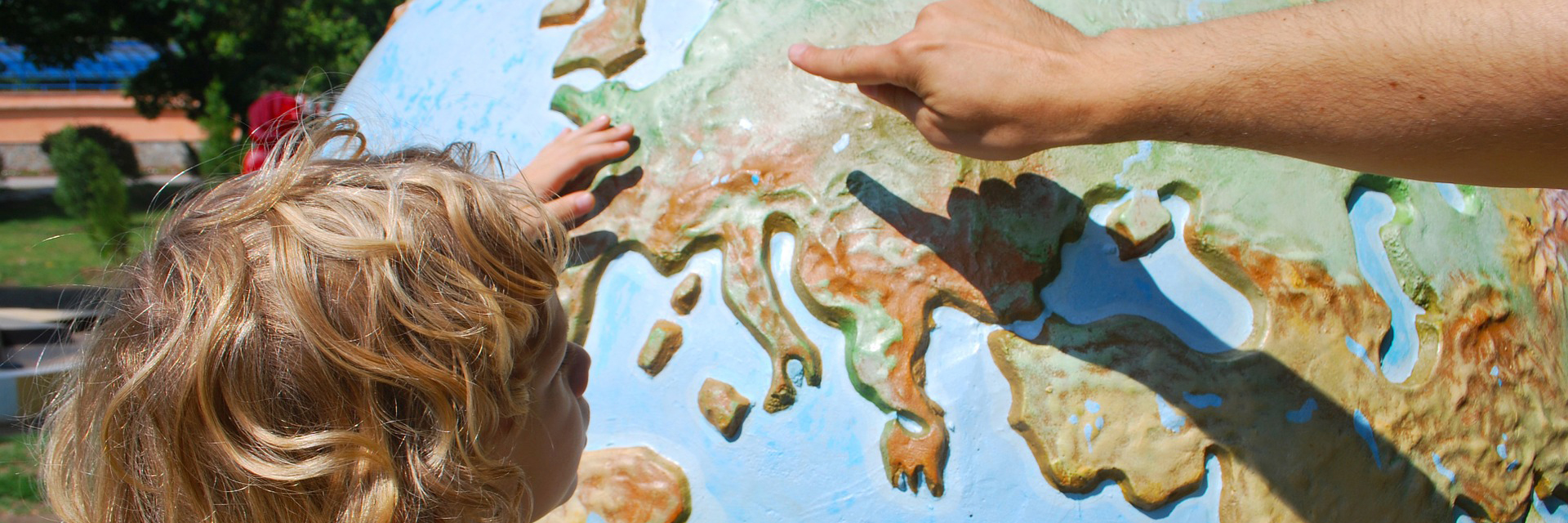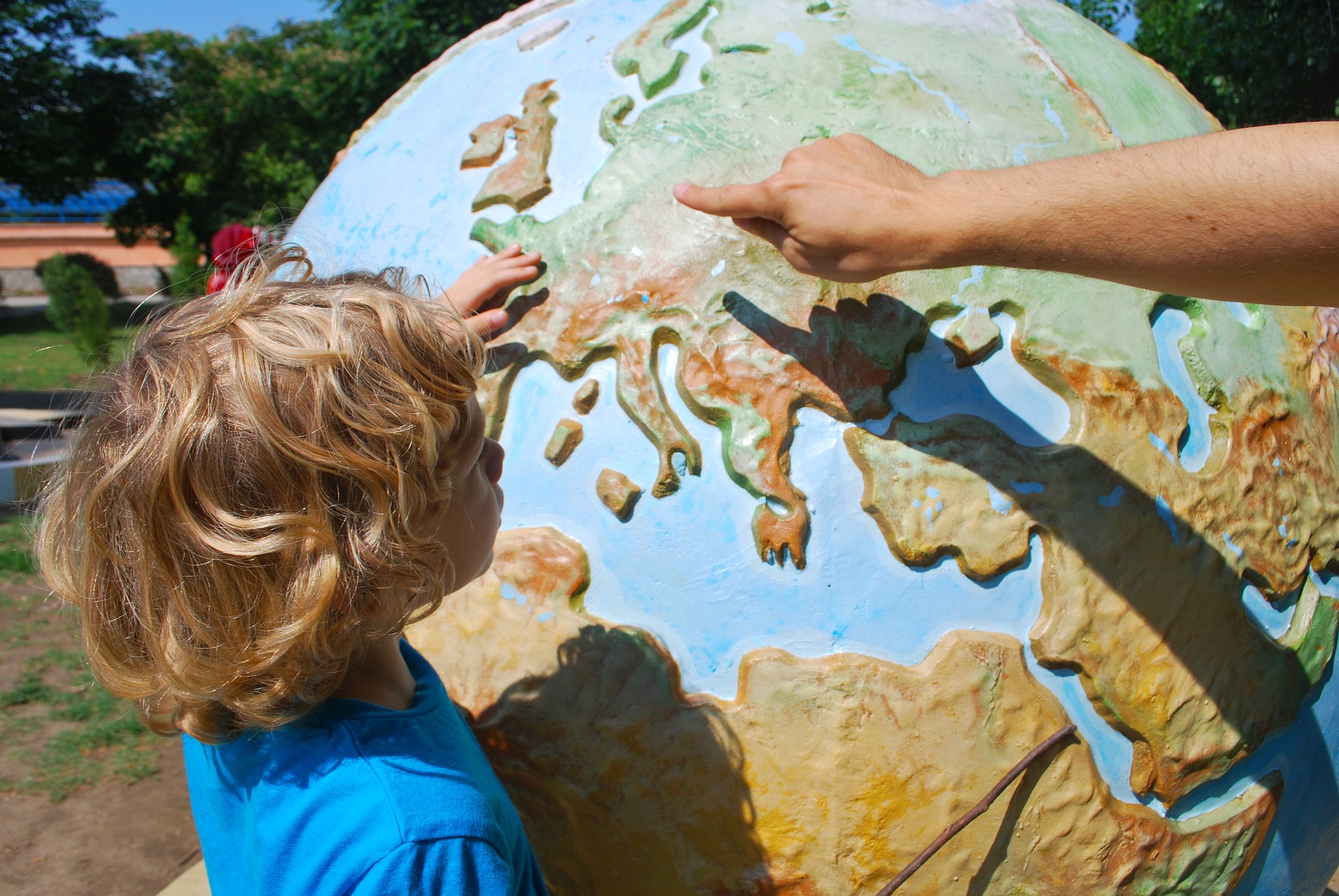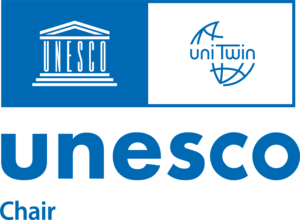Finland Futures Research Centre at University of Turku has held the UNESCO Chair since 2016 with the global mission of capacity building for futures literacy. During the period 2016-2020 the Chair was titled as UNESCO Chair in Learning Society and Futures of Education and in the end of 2020 the Chair was renewed as Learning for Transformation and Planetary Futures.
The Chair period 2016-2020 focused on making tools of futures studies easily accessible to general public
The focus of the Chair activities during the period 2016-2020 was in making methods and contents of futures studies more easily accessible to the general public in Finland and globally. Our aim was to bring together the Finnish high-quality education, the 25 years of experience that Finland Futures Research Centre holds in futures research and the strong tradition of gender equality.
In practice we did:
- Global Futures Day: Our initiative of nationwide Futures Day has been now celebrated in 2018, 2019 and 2020 engaging thousands of participants around Finland and globally. Futures Day was awarded as the National Foresight Act of the year in 2019 by a panel consisting experts from the Finnish National Foresight Network coordinated by the Finnish Prime Minister’s Office. The materials have been translated into English, Dutch, Spanish, Portuguese, Greek, Italian and Persian in the Teach the Future-network.
- The Get That Future Lab: Futures Literacy Program for Youth Together with a mobile learning company Funzi we have developed a blended learning program for educational institutions for youth, namely high schools and vocational institutions. The Get That Future Lab consists of a mobile course, at-home exercises and classroom sessions. It has been constructed to leverage mobile learning to make traditional classroom training more scalable and effective.
- Collaboration with upper secondary schools in piloting futures learning: Piloting collaboration with upper secondary schools in organizing dedicated futures courses for young people and providing training sessions and materials for teachers.
- University collaboration on futures studies with universities of Havanna and Santiagio in Cuba.
- Renewal of our own Master’s Degree Programme in Futures Studies at Finland Futures Research, University of Turku.
The Chair period 2020-2024 focuses on planetary futures
In the end of 2020 the Chair was renewed as Learning for Transformation and Planetary Futures. The renewed Chair program for 2020-2024 adds to its previous activities the ways planetary futures can be applied to learning processes. With planetary futures we refer to human capability to live in balance with the planet Earth and our widely shared, established and emergent models of how Earth and Earth’s life could be in the future.
Aligning with the UNESCO MOST program, a more widespread and well-understood capability in imagining, modeling, understanding, and discussing the future will contribute significantly to the founding mission of UNESCO: building peace in the minds of people. Along these lines, the Chair continues to emphasise learning in many contexts — such as formalised education, governance, and innovation processes.
The UNESCO Chair in Planetary Futures consists of three work streams, each focused on different sectors, cultural contexts, and geographical scales. These workstreams aim to develop theory and practices for supporting individual and organisational abilities to comprehend and interpret transformation and develop agency towards the future.
Establishing a Global Futures Literacy Hub: We are collaborating with the Dubai Futures Foundation and its Futures Academy in Dubai to establish a global futures literacy hub. It will provide research fellowships, futures literacy capability-building processes, and links between higher education institutions in Finland and the Middle East, Asia, and Africa. This work stream is led by the Chairholder Markku Wilenius.
Fostering Futures Literacy for Sustainability Innovators: We co-create processes and tools to develop and apply futures literacy to address the climate emergency. This work is conducted through the Futures Literacy across the Deep (FLxDeep) consortium co-funded by six FLxDeep partners and EIT Climate KIC. This work stream is led by Co-Chair Nicolas Balcom Raleigh.
Advancing National Foresight Systems: We research current practices and future directions of national foresight capabilities, taking Finland as a case study. This research explores the role of established public foresight and futures practices in accelerating society’s capacity to long-term transformations toward sustainable planetary futures. This work stream is led by Co-Chair Laura Pouru-Mikkola.
The overall program of the Chair is about co-creating futures literacy processes with national and international organisations and networks and fostering futures agency. We develop theory and practices to support individual and organisational capabilities to comprehend and interpret ongoing transformation and develop a viable sense of agency towards the future. Our intention is to produce scientific knowledge about futures as well as practical tools people, organizations, and governments can apply immediately.
